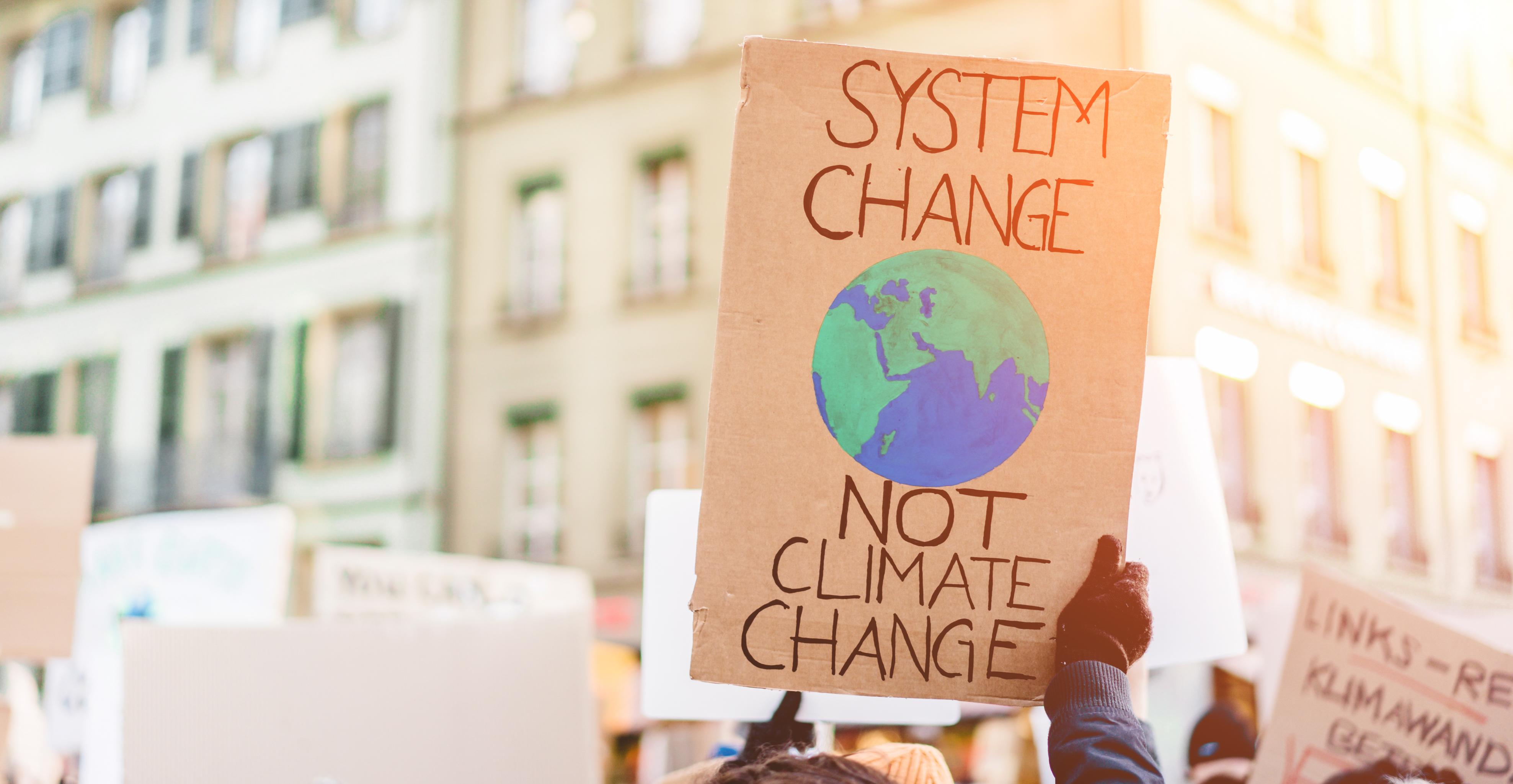
“Policy change not climate change” is a slogan that climate activist Greta Thunberg and environmental justice advocates have echoed to policymakers.
Amid the environmental health issues that routinely disproportionately affect low-income populations and communities of color, there has been an ongoing impasse in environmental policymaking that further impacts vulnerable communities, according to a new publication.

Devon Payne-Sturges, an associate professor of Applied Environmental Health in the University of Maryland School of Public Health and Thurka Sangaramoorthy, an associate professor in the University of Maryland Department of Anthropology, wanted to know why so little progress has been made to advance national policy responses, even with mounting scientific findings.
While it is known that cumulative risks are public health problems and likely contribute to health inequities, policymakers at the federal and state levels have given little attention to “developing comprehensive strategies to reduce these exposures, mitigate cumulative risks and prevent harm,” paper co-lead author Payne-Sturges said.
“Environmental impacts on human health are never caused by just one pollutant, chemical or hazard. Yet, this is how our government regulates environmental health risks, one pollutant at a time,” she said.
The paper, Framing Environmental Health Decision-Making: The Struggle over Cumulative Impacts Policy, used ethnographic methodology to evaluate the failure of the Maryland General Assembly to pass a law to address cumulative impacts. Ethnography is a qualitative research method used by cultural anthropologists to offer insight into the processes that motivate social groups.
“It's incredibly rare to have a study that examines why policy proposals succeed or fail from a social scientific point of view: the divergence between what is proposed and what is attained on the ground and the unplanned outcomes that may result,” said Sangaramoorthy, who shares lead authorship with Payne-Sturges.
By taking an interdisciplinary approach—combining environmental health science concepts and ethnographic methods—they found roadblocks to advancing policy to address cumulative impacts past the standard narrative about lack of scientific data.
The study revealed the role of how ideas, motivations and behaviors of policy-relevant actors block progress.
Sangaramoorthy said that policy inaction in Maryland “greatly depends on how policy-relevant actors come to frame issues around legislating cumulative impacts, versus the standard narrative of external factors.”
She, Payne-Sturges and co-author Helen Mittmann found that business leaders, lawmakers and community advocates had different views on what counts as scientific evidence, whether social justice is a practical policy concern and which entity is responsible for rectifying environmental harm done to vulnerable areas.
The team talked to those involved in the policy process to understand how they framed environmental challenges as a public health issue demanding policy action and how these frames between bill proponents and opponents veered drastically, stalling policy progress.
During each legislative session of the Maryland General Assembly from 2014 to 2016, a bill was introduced on cumulative impacts. In 2014, House Bill (HB)1210/ Senate Bill (SB)706: Permit Determinations Cumulative Impact Assessments was proposed. It required industrial applicants to complete cumulative impact assessments of their operations on the environment and human populations before distributing permits.
Although the Maryland State Senate successfully voted on the bill with revisions, it didn’t pass the House Environmental Matters Committee. Subsequent bills were introduced during the next two legislative sessions, which shifted the focus from cumulative impacts to a broader emphasis on environmental justice, according to the paper.
Consequently, these bills also didn’t pass. Since then, there haven’t been any cumulative impacts legislative proposals in Maryland, the paper noted.
Interdisciplinary partnerships among social scientists, environmental health scientists, activists and policymakers are needed because they can form “alliances to challenge institutional and policymaking norms that keep intact frames that prevent policy progress,” the paper said.
“Through our research, we noted a portrayal of a limited role of governmental agencies, which has implications for other proposed state-wide and national-level initiatives that require cross-sectoral collaboration, such as ‘health in all policies’ initiatives, which address climate change and even global pandemics,” Payne-Sturges said.
“This is a significant study for the state of Maryland, nationally and globally in light of recent calls to strengthen environmental justice efforts to reduce vulnerability to future pandemics,” Sangaramoorthy added.
Read the study to learn more.
Related Links